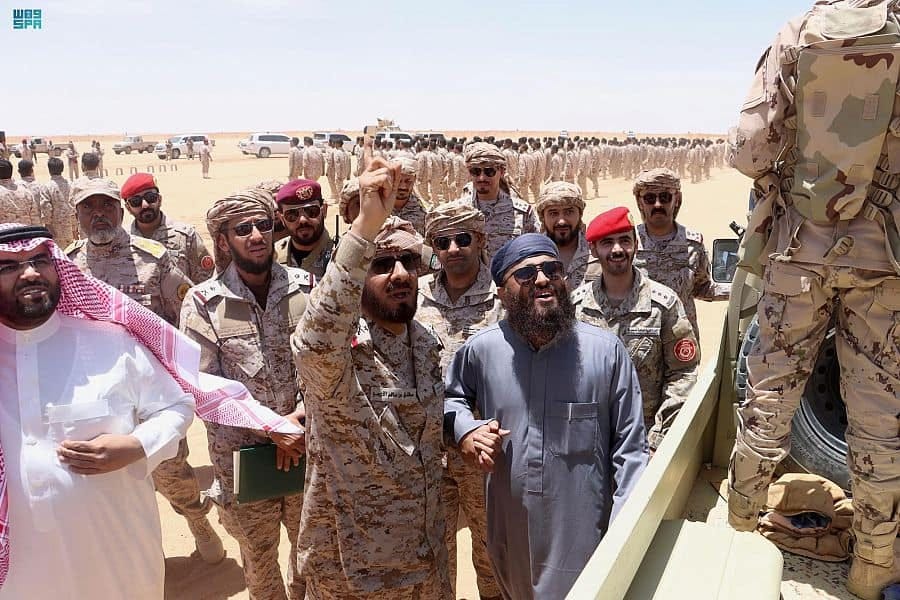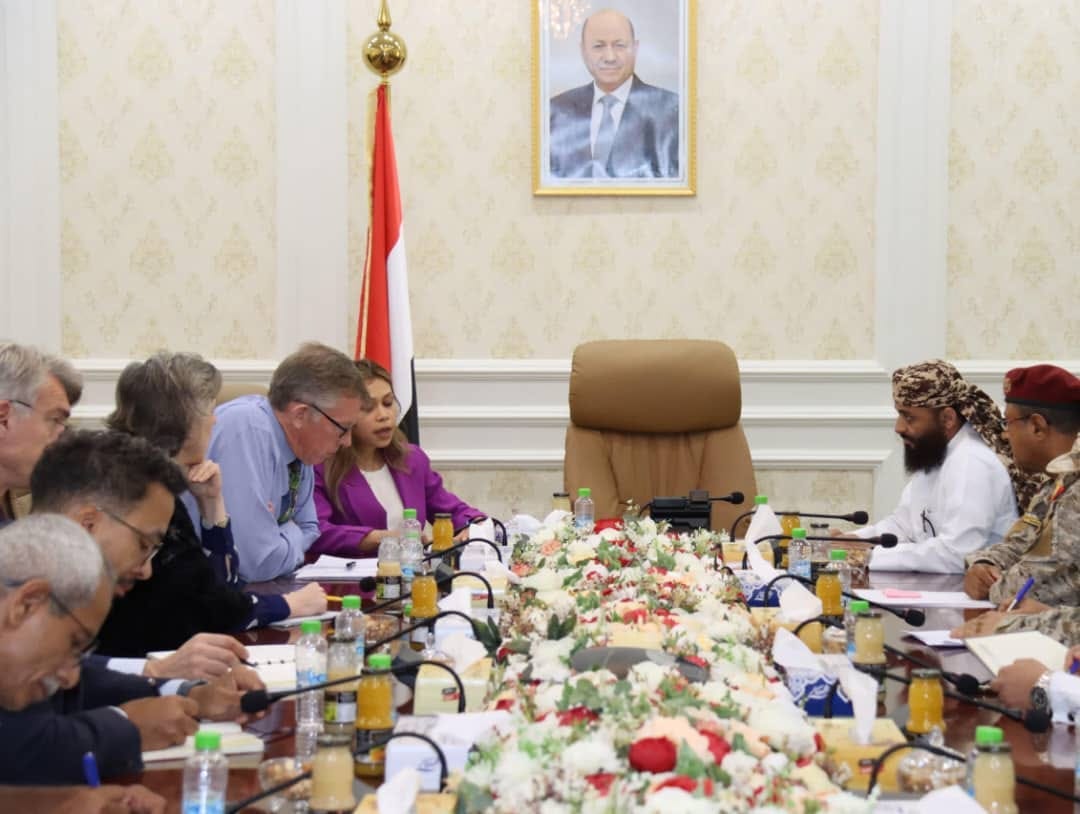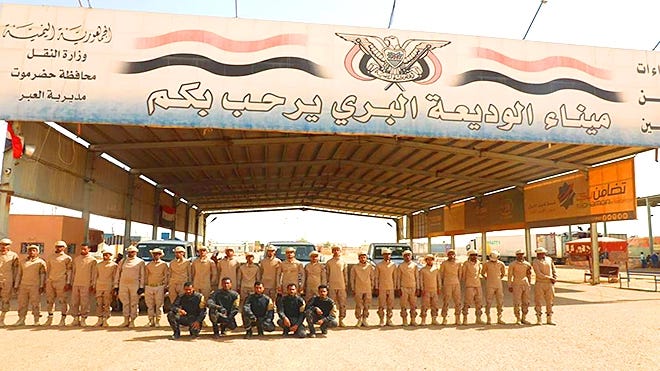The National Shield Forces (NSF) faced its first direct terrorist assault on February 21, 2025, when Al-Qaeda in the Arabian Peninsula (AQAP) launched coordinated attacks in Hadramout and Abyan. In Hadramout, AQAP targeted a water truck at Al-Abr—a vital chokepoint linking the Saudi-Yemen border at Al Wa’diah to Ma’rib in the west, Shabwah in the south, and Hadramout in the east—killing soldier Salem Baqadeem and injuring another. Meanwhile, in Abyan’s Mudiyah District, an AQAP sniper in Wadi Omran killed another soldier amid ongoing counterterrorism operations. This incident underscores the persistent threat posed by extremist groups in the region and marks a critical test for the NSF’s operational capabilities.
Background
Established in 2023 with direct support from Saudi Arabia, the NSF was created to secure strategic regions, counter internal and external threats, and fill a security void in southern and eastern Yemen. Initially speculated to be linked to the Salafi forces of the Southern Giant Brigades, the NSF emerged as a distinct, Saudi-backed force designed to consolidate military influence and safeguard key areas from both extremist groups like AQAP and Iran-backed Houthi militias. The Presidential Leadership Council formalized its establishment through Decision No. (18) of 2023, designating the NSF as the reserve force of the Supreme Commander of the Armed Forces, President Rashad Al-Alimi, Chairman of the Presidential Leadership Council (PLC). Subsequent decrees, including Decision No. (19) of 2023, appointed key commanders and set the operational framework for the force.

ORBAT
The NSF is organized into three divisions:
First Division: Headquartered in Aden and comprising nine brigades, this division secures the southern and central regions. In January 2023, General Commander of NSF Sheikh Bashir Al-Mudrabi appointed Colonel Ali Al-Shami as its commander.
Second Division: Based in Hadramout with five brigades deployed across eastern Yemen, commanded by Colonel Fahd Bamoumen.
Third Division: Established in February 2025 in Al-Mahra, this division is led by Sheikh Abdullah bin Sadeef Al-Jadahi Al-Mahri and focuses on border security, coastal defense, and counter-smuggling operations.

At the highest level, Brigadier General Bashir Saif Qaed Ghubeir Al-Subaihi (also known as Sheikh Bashir Al-Mudrabi) was appointed as the overall commander of the NSF, as per the Presidential Leadership Council’s decree. The force also benefits from strategic support figures such as Brigadier General Sultan Al-Buqmi, Commander of Support and Reinforcement for the Arab Coalition Forces, and Colonel Dheeb Al-Shahrani, Commander of the Saudi Forces in Aden.
Operational Footprint
The NSF’s operational presence spans several critical locations:
Aden: The First Division’s headquarters and key deployments in surrounding areas.
Hadramout: The base for the Second Division, pivotal for operations in eastern Yemen.
Al-Mahra: The site for the newly formed Third Division, focused on border and coastal security.
Other significant deployments include the Al-Anad Military Base in Lahj governorate, the Qa’wa region between Imran and Khuraz along the Aden-Lahj border, Al Dhale’ governorate, and frontline positions along the Lahj-Taiz provincial border.
The NSF has also expanded its influence to manage strategic assets, as evidenced by the Saudi-backed takeover of the Wadi’ah border crossing—Yemen’s main active land crossing with Saudi Arabia—which further bolsters its regional role.
Regional Rivalries and Backing
The NSF is part of a broader regional contest for influence between Saudi Arabia and the United Arab Emirates. While the NSF enjoys robust backing from Saudi Arabia—evidenced by extensive funding, training, and deployment support—its emergence is also seen as a counterbalance to the UAE-supported Abu Zar’ah Salafi Southern Giant Brigades (Read: Who is the Most Powerful Military Figure in Yemen’s Anti-Houthi Coalition?. This rivalry has manifested in incidents such as early 2024 attempts to deploy NSF units to Al-Mukalla, which were met with stiff opposition from UAE-backed forces.
In the wake of the AQAP attack and amidst ongoing regional rivalries, the NSF continues to strengthen its role as a central pillar in Yemen’s security architecture. Backed by Saudi Arabia and commanded by a cadre of seasoned Salafi leaders—including Colonel Ali Al-Shami, Colonel Fahd Bamoumen, Sheikh Abdullah bin Sadeef Al-Jadahi Al-Mahri, and Brigadier General Bashir Saif Qaed Ghubeir Al-Subaihi—the NSF is poised to confront domestic threats. Despite the challenges, the force’s expanding operational footprint and strategic deployments underscore its vital role in stabilizing southern and eastern Yemen in a turbulent regional landscape.






